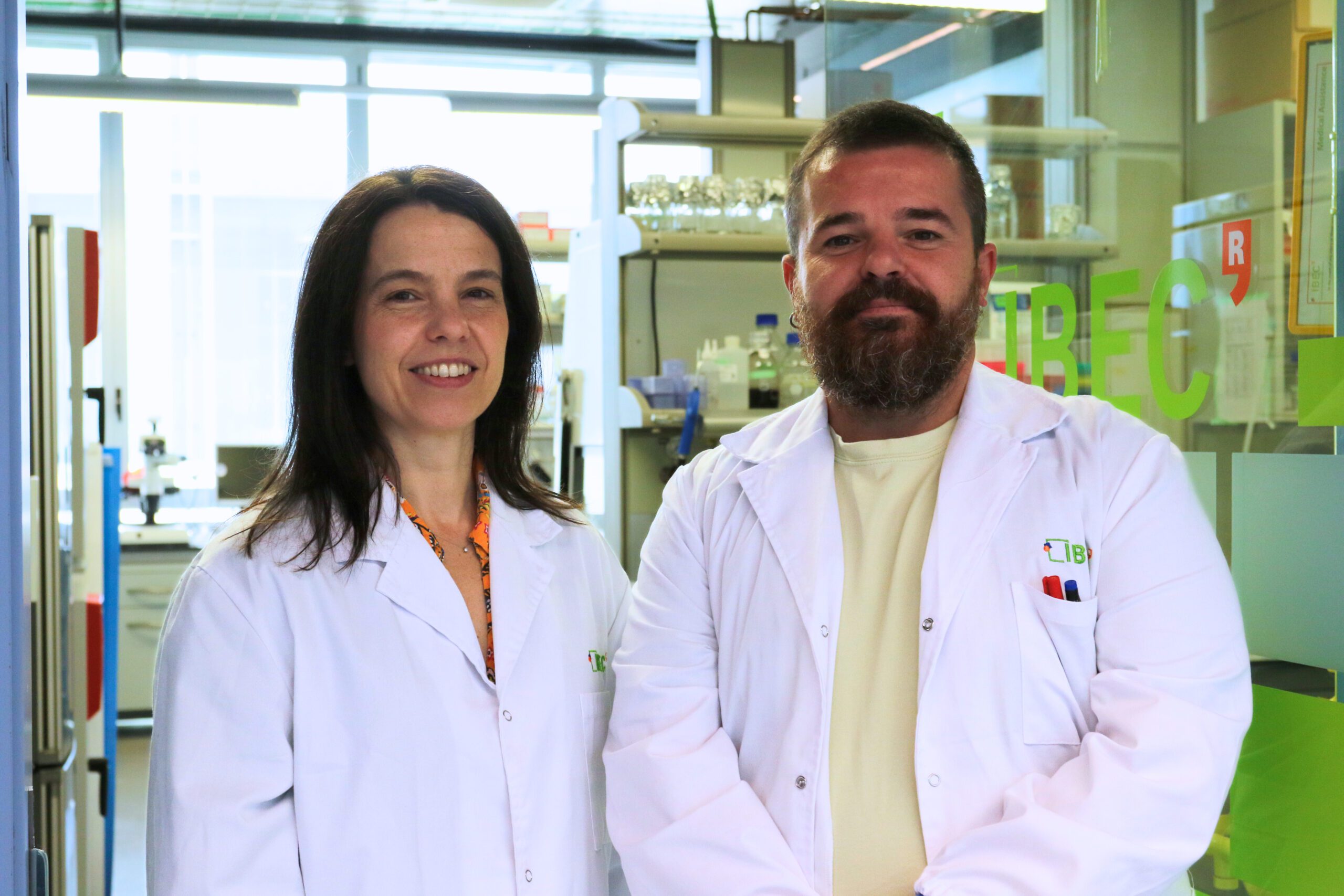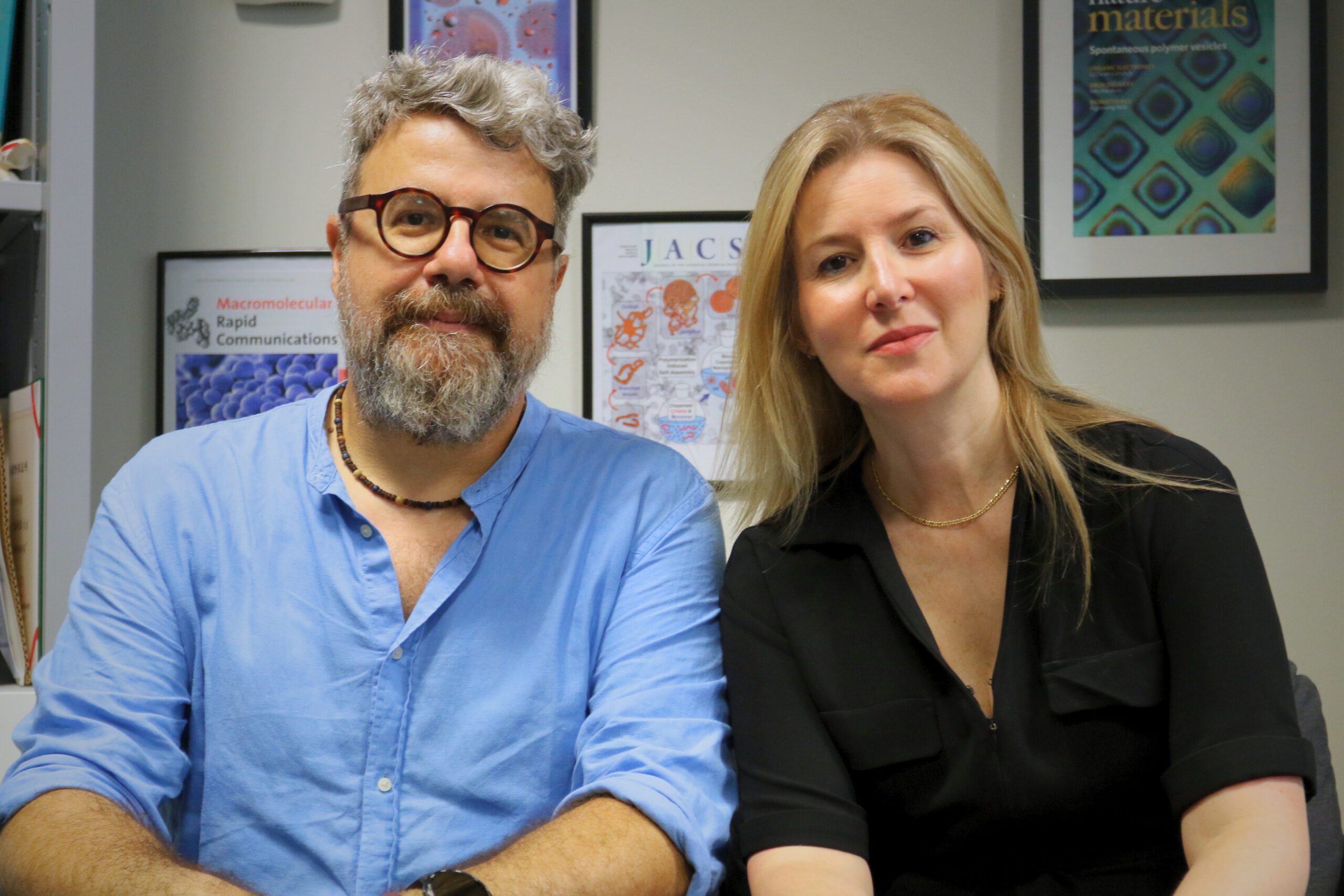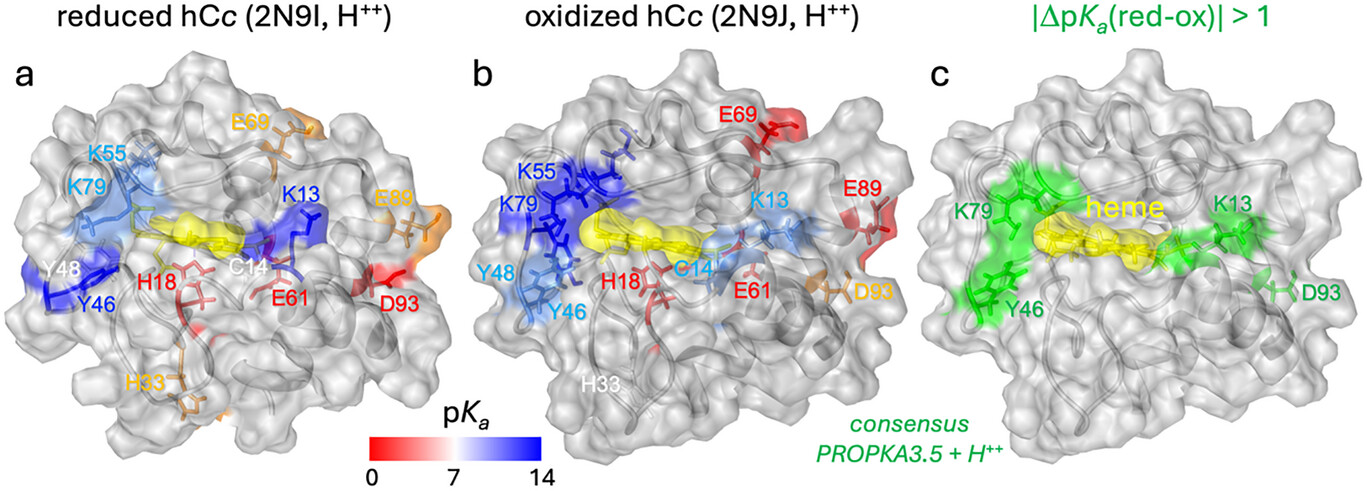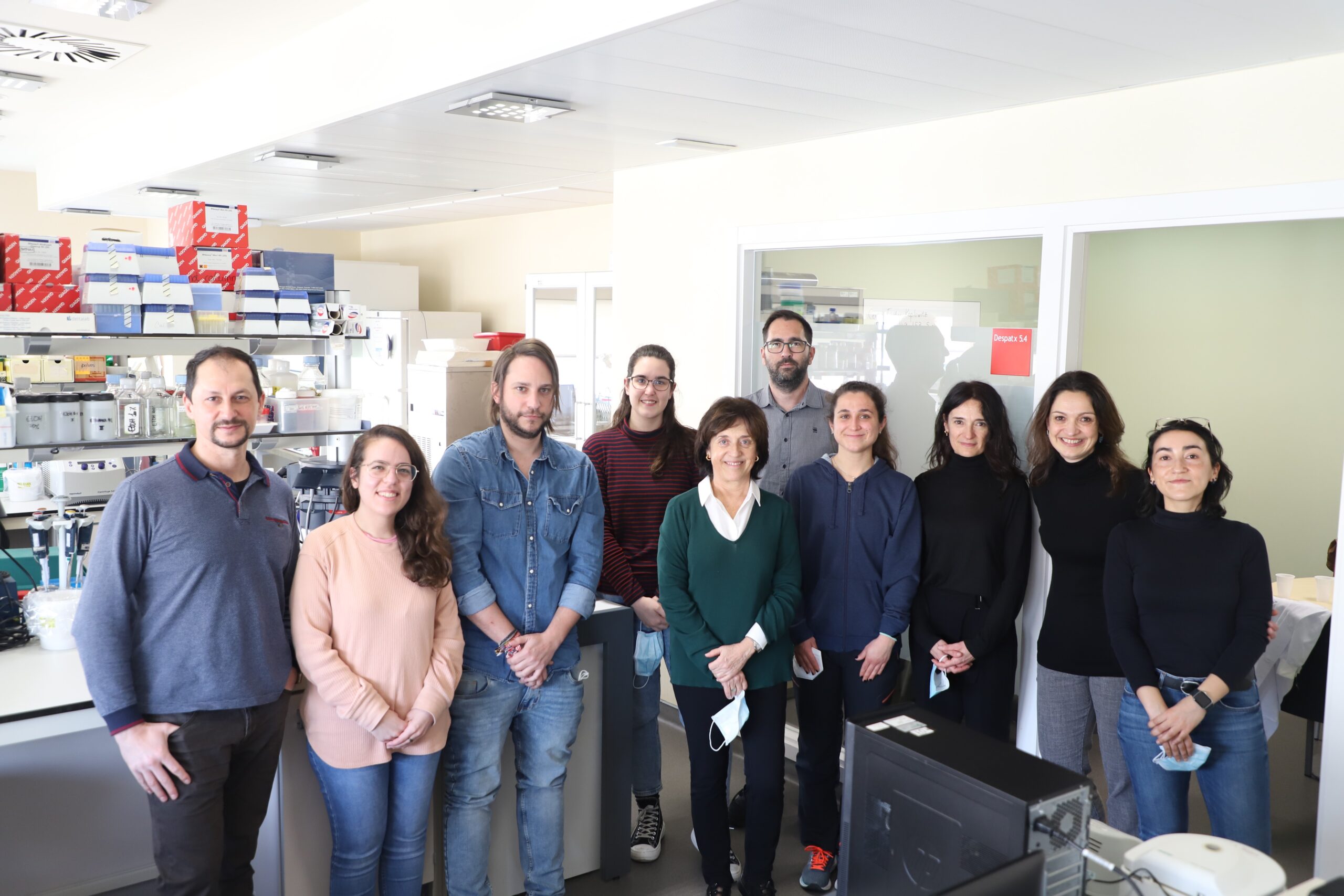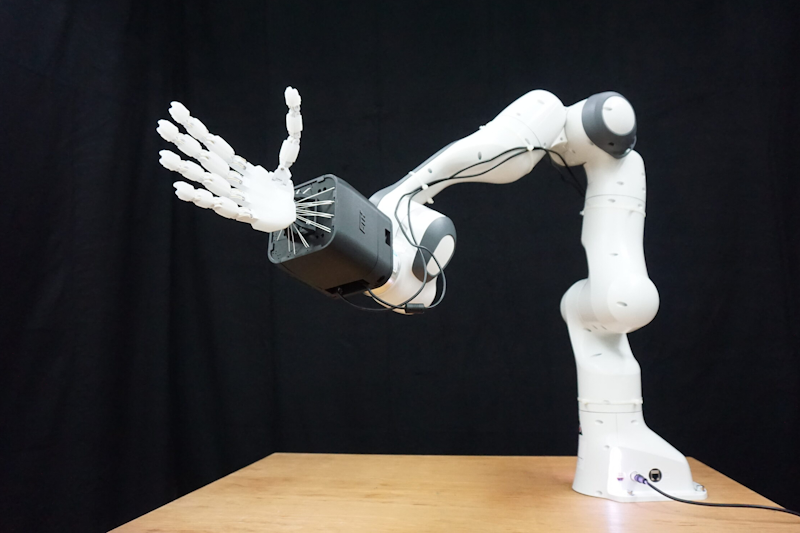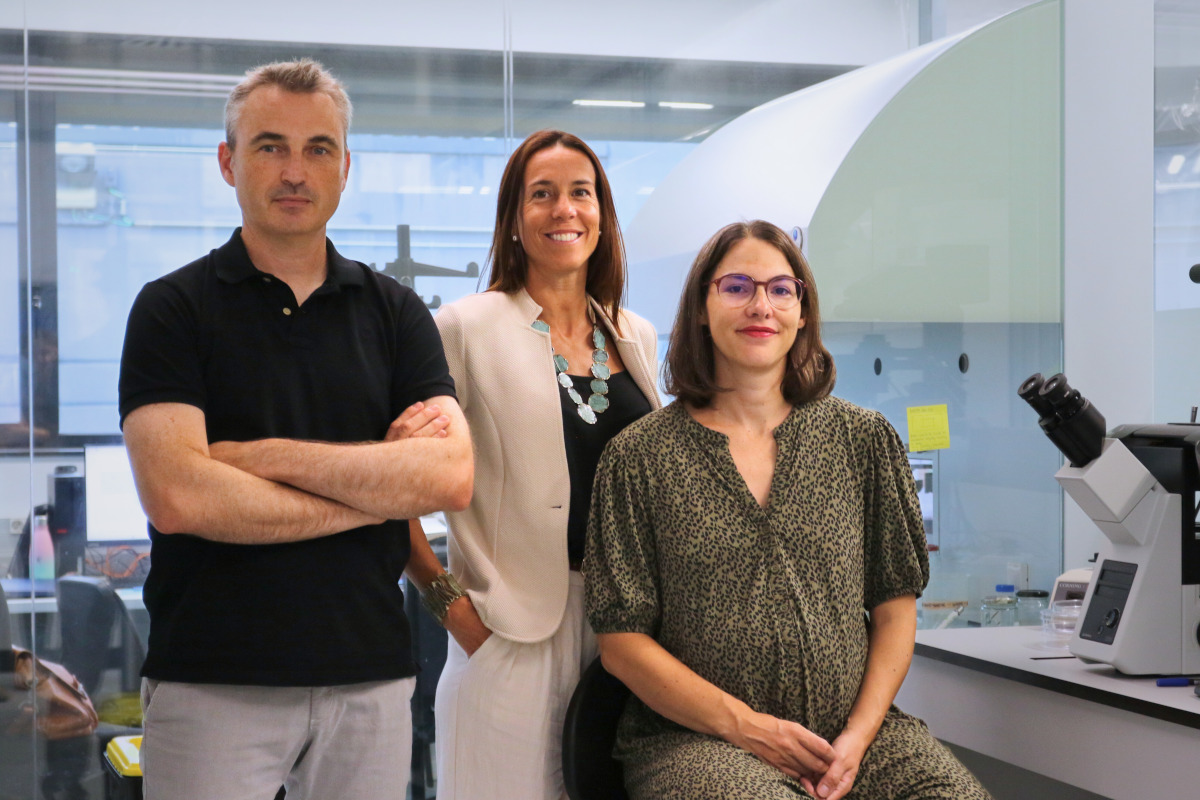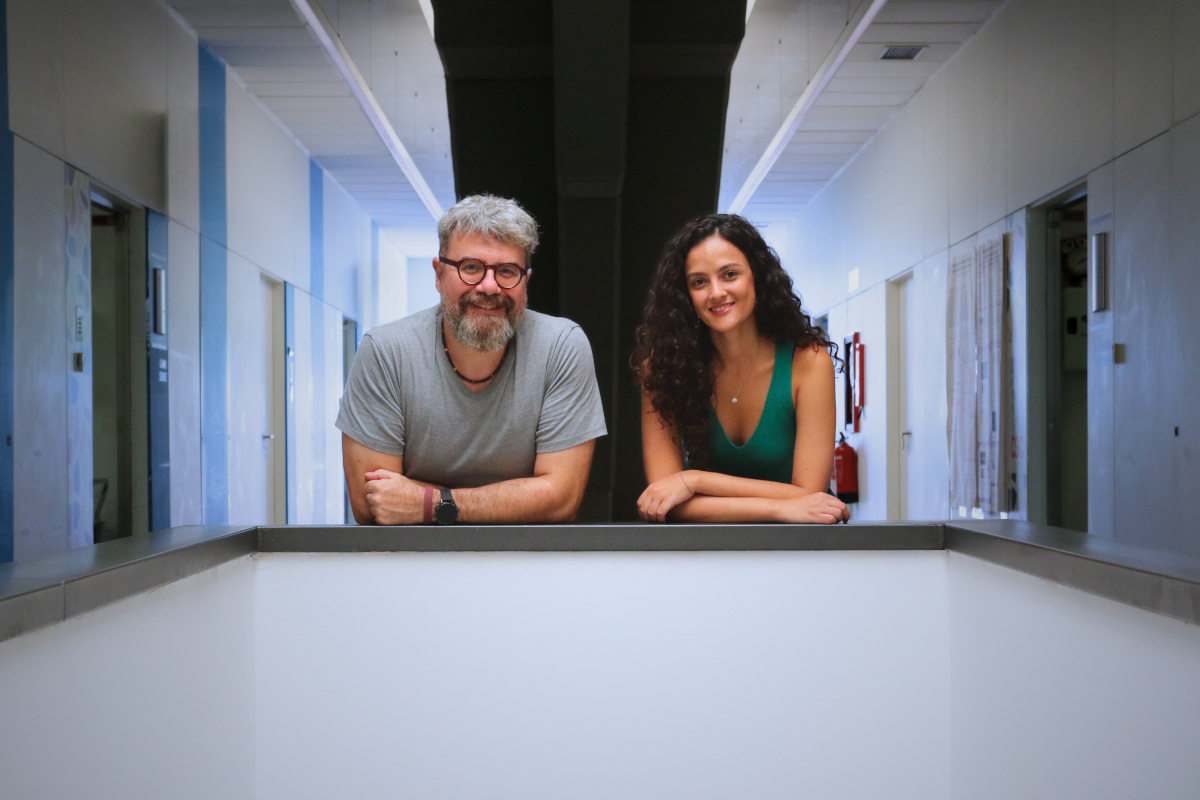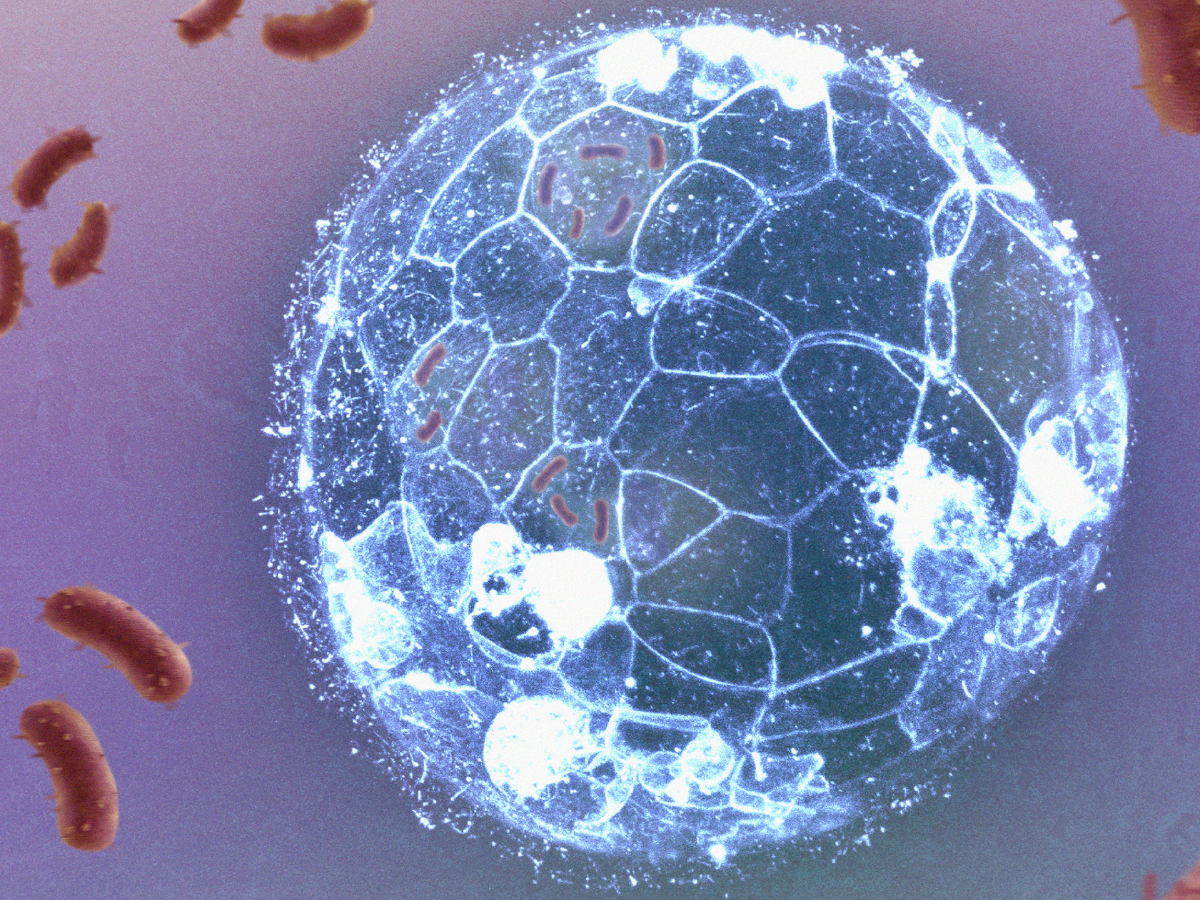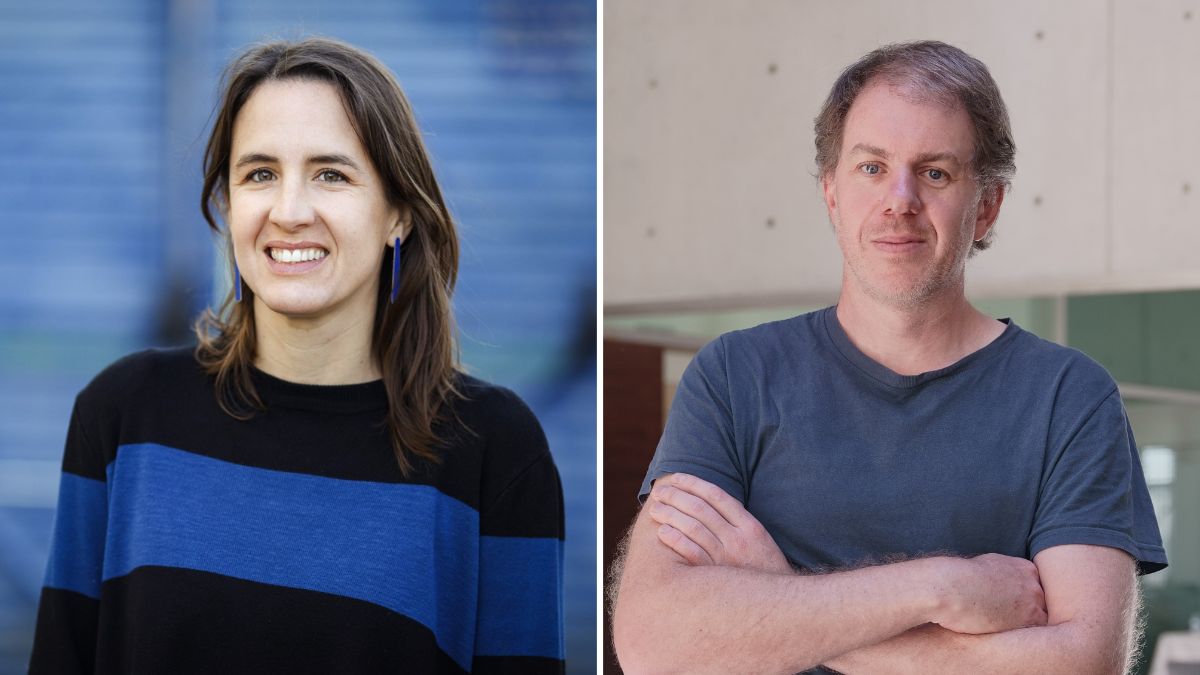Mobile technology revolutionises the diagnosis of sleep apnoea after a stroke
A research team led by the Institute for Bioengineering of Catalonia (IBEC) has developed an innovative, portable, smartphone-based system for assessing sleep apnoea in individuals with different health conditions. The study, published in IEEE Transactions on Neural Systems and Rehabilitation Engineering, in collaboration with the Guttmann Institute, shows that this technology can facilitate the early detection of a common but underdiagnosed disorder, which negatively impacts the recovery and rehabilitation of patients who have suffered a stroke.


